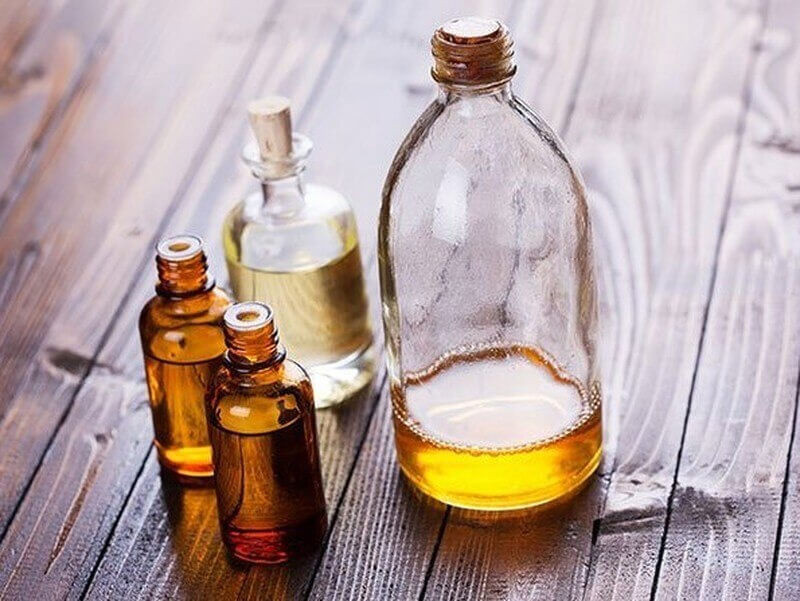Reviewed By: Kacie La
While many people buy and use essential oils regularly, a lot of people don’t know how important it is that they are stored correctly. Due to the intensive process involved in extracting plant essences, essential oils can be expensive, so you’ll want to extend their shelf life as long as possible. That means you must know the best practices when it comes to their storage.
There are a few things to keep in mind if you’d like to maintain the special properties of essential oils. The following guidelines will ensure you store your essential oils in the most effective way possible.Don’t expose to oxygen while in storage
Essential oils need to remain sealed and should only be exposed to oxygen when they are in use. This will help prevent oxidation, a natural process that occurs in all essential oils over time, causing the elements of the essence to break down.
Keep them cool
Essential oils need to be cooled. This alone can more than double their shelf life. They do not need to be cold all the time, so don’t worry if you let them heat up or sit in sunlight for a few hours, but do make sure you store them in a cool, dark place. Heat accelerates the process of oxidation and thus decreases the useful life of your oils.
To minimise oxidation and ensure that you will be able to use the oils for years into the future, store your oils between 2-4°C, or the temperature of most refrigerators. If you’re planning on storing them in the fridge, be wary that surrounding food can take on the flavour of the essential oil. To prevent this, store oils in a plastic bag or sealed container of some sort.
Keep them in small containers
Another way to minimise oxidation is to keep your oils in the smallest containers possible. For instance, if you purchase a 120ml bottle of lavender oil and use half, transfer the remaining amount to a smaller bottle. This will reduce the amount of air (or oxygen) in the bottle, and preserve the oil’s vitality.
If you follow the above guidelines for oil storage, you should be able to preserve your oils for years, depending on the type. Citrus fruit, neroli, lemongrass, frankincense, tea tree, pine, and spruce oils will last between 1 to 2 years. Sandalwood, vetiver, and patchouli oils will last between 4 and 8 years. Most other essential oils will be good for 2 to 3 years. However, if you do not store the oils in a refrigerator or other cool storage place, these estimates can be halved.
Dropper caps
When you have a bottle that comes with an eyedropper cap, it is important that you don’t use the dropper cap as the lid, but instead use a screw on lid. This is important because of the malleable rubber bulbs that these eyedropper caps are made of. When exposed to the oils for a prolonged period of time, the rubber will break down and ruin the product. Another important detail is to not use one dropper for multiple oils without first cleaning the dropper with alcohol between each use.
Make sure the oils haven’t oxidised
Lastly, how do you tell if your essential oils have oxidised? The first thing to check is the scent, which you should check prior to every use. It will be less aromatic, but may be hard for the untrained nose to notice without a fresh bottle to compare with. Additionally, many citrus oils will become cloudy and separate when they oxidise. Oxidised oils may still be used for cleaning chemical recipes, but should be avoided on the body.
If you follow these principles in storing your essential oils, you will be able to enjoy them for twice as long as you would be able to otherwise.












